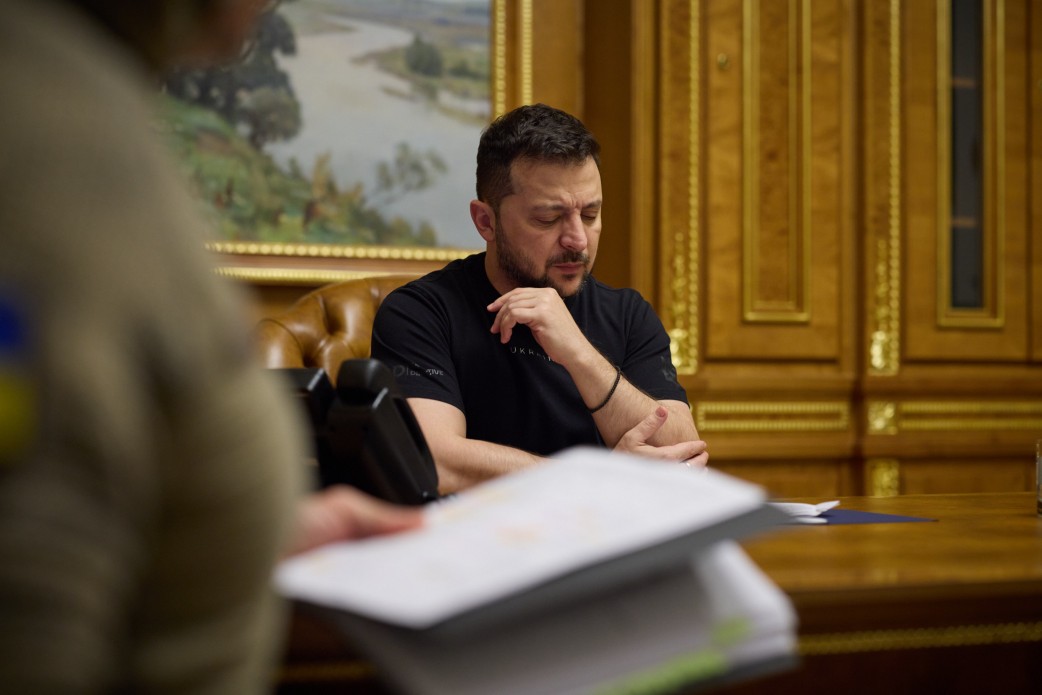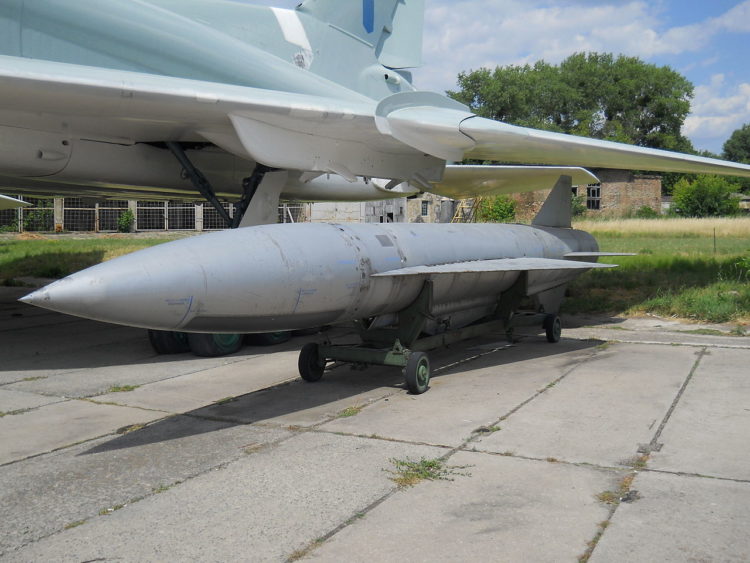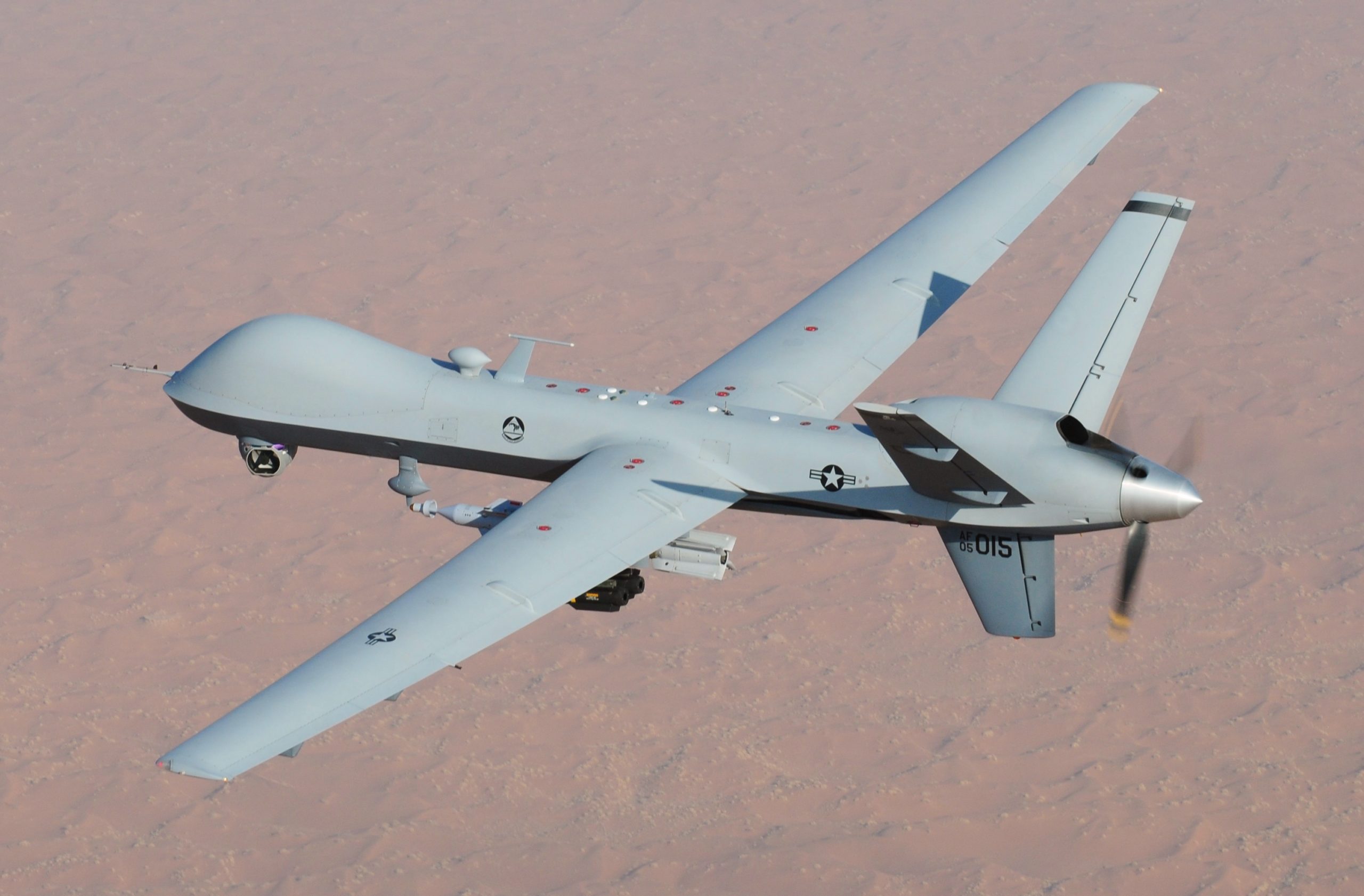Despite threats from Russia to attack a key grain export corridor, Ukraine remains committed to keeping the vital route open, Ukrainian President Volodymyr Zelenskyy said on 27 October in a call with British Prime Minister Rishi Sunak.
Zelenskyy informed Sunak about the situation in the Black Sea and Russian actions that endanger civilian shipping, according to the Ukrainian Presidential office report. However, Zelenskyy stressed that the grain corridor will continue operating despite the threats.
“The interlocutors discussed further work on the implementation of insurance for civilian vessels,” the Presidential office said.
The grain corridor, agreed upon by Ukraine and Russia in July, has allowed major Ukrainian agricultural exports to resume from Black Sea ports that had been blockaded after the Russian invasion.
- On 17 July 2023, the Russian Federation withdrew from the Black Sea grain initiative, an UN-brokered agreement to unblock Ukraine’s ports and export its grain, and stated that it would not guarantee that it will not attack civilian vessels after that date. The Ukrainian defense ministry mirrored Russia’s threats to ships at sea.
- After that, Russia launched massive missile attacks on Odesa and the region with missiles and drones, destroying ports, granaries, residential buildings, and other facilities.
- NATO has condemned the Russian attacks but has thus far only vowed to increase surveillance. Meanwhile, Ukraine has changed the course of its grain corridor so that it stays within Romanian waters. Reportedly, the US declined Ukrainian requests to escort commercial vessels in the waters of NATO countries to ensure that the grain corridor keeps functioning.
- The Institute for Study of War has observed that Russia seems intent on enforcing a de-facto naval blockade of the Black Sea by intimidating civilian vessels in it. Particularly, a Russian warship told a ship that sailing to Ukraine could get it treated as a military target, according to an intercept shared by Ukrainian officials on 28 July.
- Nevertheless, on 31 July, merchant vessels sailed through Ukrainian territorial waters to ports on the Danube and Ukraine’s Navy opened up registration for civilian ships to use the new corridors in the Black Sea.
On 18 October, Russian President Vladimir Putin said he ordered MiG-31 aircraft armed with Kinzhal missiles to begin over the Black Sea.
On 25 October, the shipping consultancy Barva Invest reported that Ukraine’s Maritime Administration had issued a warning about halting corridor transits starting 26 October due to deteriorating security.
The Ukrainian Grain Association also said on 25 October it had received reports of ships being arbitrarily detained in Odesa ports, causing huge losses for farmers.
By late 26 October, however, Ukraine’s Ministry of Reintegration said the grain corridor would remain open.
Read also:
- Ukraine to hit Russian Black Sea Fleet outside Crimea, Zelenskyy says
- Another three ships leave ports of Odesa via Black Sea corridor amid Russia’s blockade
- Bloomberg: NATO allies to jointly demine Black Sea route
- Reuters: Turkish cargo ship hit a mine en route to Ukrainian Black Sea port





